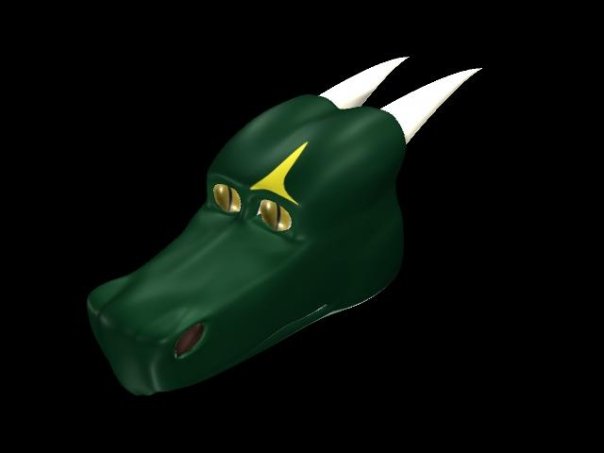I haven't shown my economist side too much on my blog. It tends to come out in conversation,whether Im' making a casual quip about marginal utility, or using a facetious argument involving utils (since utils are rubbish) in order to mooch something from Dad.*
So, on a random thought last night at work, based from a strip of salmon jerky, I got to thinking about my scout camping trips and money. Not just dollar bills, but media of exchange in general.
One thing I noticed is that trade almost never pops up on normal campouts. There, we have a somewhat socialist system: Everyone buys about the same amount of food (theoretically), then everyone eats what they need. Food is taken care of entirely by the patrol, and personal snacks are largely forbidden. No trade.
Hiking campouts are another story. There, personal snacks are commonplace. The last Carlsbad trip was a great example - the entire troop, with daypacks full of snackies, all stuck on the same bus for a whole weekend. I had learned a few things over the last few years of camping:
1. Packing things like pop-tarts takes space.
2. Beef jerky is expensive. Very.
3. No matter what you bring, someone will always have brought cooler snacks than you.
4. I like Starburst.
5. Starburst exhibit many of the major qualities of money: Durability, when sealed properly; ease of divisibility due to small size; intrinsic value; marketability; easy transportation and storage; and consistency.
6. Starburst come in a 5-pound bag.
7. I'm probably the only person in the troop who would associate all of this in this way.
Thus, I came up with a brilliant plan: don't buy snacks. Just buy a big bag of Starburst and trade for what I need. Such is similar to how money takes hold naturally: People encounter barriers to bartering (my inability to buy and pack all the snacks I want), so they barter indirectly. How did my plan go? Quite nicely.
Steve has Pop-tarts? A generous handful of starburst, and I get him to share. Now we've both gained. Bob has jerky? That takes a bit more starburst, but that's doable too.
I ended up with a lot of spare starburst (which was fine by me), but I still managed to do a heck of a lot of trade.
What I would really like to see is a longer campout, with larger stores of snacks.** What I would want to see is what shows up as the general medium of exchange and what the exchange rates are. Or for that matter, how willing the scouts are to trade, rather than eat their own supplies. I suspect some sort of candy, most likely starburst or skittles, would rapidly dominate. These are the most common types of sweets available on a campout. Starburst, which comes in larger denominations would be somewhat analogous to gold, and skittles to silver.
The next most common goods are cookies and jerky. Why neither of these? Jerky is difficult to divide precisely in the field, and it's just too darn scarce to trade commonly. Cookies crumble easily, and take up a lot of room. They're best left in the chuckbox, then gotten as needed from there.
Maybe the exchange would even extend into services, like helping with camp chores or building pioneering projects.
This is all speculative, since it hasn't had time to develop in this scenario, but I'm reminded of an old article. It basically documented WWII POW's in Germany, who established an economy based on cigarettes. There was a set of regularly updated exchange rates posted on the wall, and stale cigs would be traded at different rates to fresh ones, etc.
The basic idea of the concept is elaborated on in "Economics for Real People" by Gene Calahan, available for free download at www.mises.org.
I was just trying to figure out where salmon jerky fit in, when the chef asked my why I was smiling. "Oh, just thinking," I said.
*this never works with Mom. She has no idea what I'm talking about, so she's never convinced.
**Summer camps don't work, since there's a trading post, which brings dollars into play.
